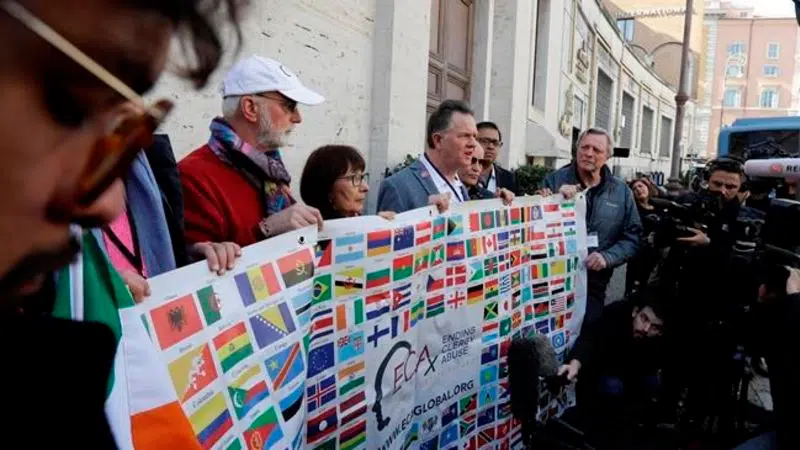
Canadian advocates, bishops at odds over how to tackle sex abuse ahead of summit
Canada’s top Catholic bishop says he hopes to emphasize the importance of believing victims when he discusses sexual abuse with his international counterparts during a gathering at the Vatican this week.
Advocates and survivors of sexual abuse worry, however, that the meeting is unlikely to produce the sort of tangible results they’d like to see.
The first-ever Vatican summit on clergy abuse of minors is meant as a “catechesis,” Pope Francis has said — a teaching session intended in part to raise awareness of the issue, decades after it first came to public light.


